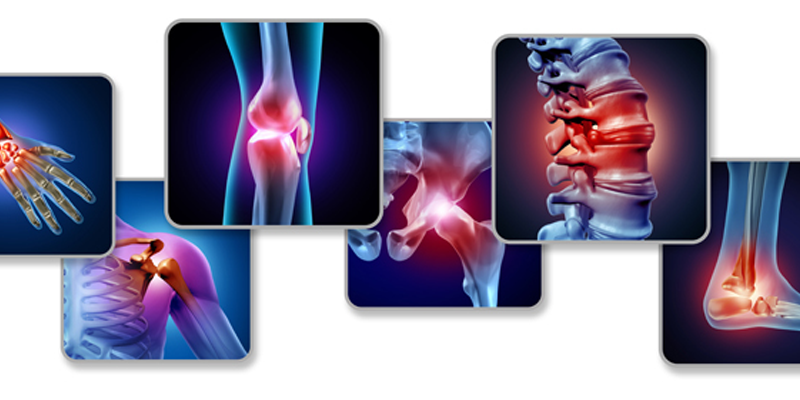
Orthopedics is a medical specialty that focuses on the diagnosis, treatment, and prevention of conditions and injuries related to the musculoskeletal system. Orthopedic doctors, also known as orthopedic surgeons, are skilled medical professionals who specialize in this field. In this article, we will explore the responsibilities, skills, and importance of orthopedic surgeons.
Orthopedic surgeons are trained to address a wide range of musculoskeletal conditions, including bone fractures, joint injuries, spine disorders, sports injuries, arthritis, and congenital disorders. They utilize both surgical and non-surgical interventions to treat these conditions and help restore mobility, function, and quality of life for their patients.
One of the primary responsibilities of orthopedic surgeons is to diagnose musculoskeletal disorders and injuries. They conduct thorough evaluations, including physical examinations, imaging tests, and medical histories, to determine the underlying cause of the problem. This allows them to develop personalized treatment plans tailored to each patient's specific needs.
Orthopedic surgeons are highly skilled in performing surgical procedures to correct musculoskeletal issues. They utilize advanced surgical techniques and state-of-the-art equipment to carry out surgeries such as joint replacements, arthroscopy, spinal fusion, fracture fixation, and ligament repair. Their expertise ensures safe and effective surgical interventions.
However, not all orthopedic conditions require surgery. Orthopedic surgeons are also well-versed in non-surgical treatment options, such as medication management, physical therapy, injections, and orthotic devices. They evaluate the individual needs of each patient and provide comprehensive care that may involve both surgical and non-surgical approaches.
Another critical responsibility of orthopedic surgeons is patient education and counseling. They communicate with patients and their families, explaining diagnoses, treatment options, risks, and expected outcomes. They guide patients through the decision-making process, ensuring they have a clear understanding of their condition and are actively involved in their own care.
Orthopedic surgeons also play a vital role in injury prevention and rehabilitation. They provide guidance on proper body mechanics, exercise routines, and injury prevention strategies to athletes, individuals at risk of musculoskeletal injuries, and those recovering from surgery. Their expertise helps patients regain strength, mobility, and function, enabling them to return to their regular activities and sports.
To be successful in their profession, orthopedic surgeons require a range of skills. They must have exceptional surgical skills and the ability to perform intricate procedures with precision. Strong analytical and problem-solving abilities are necessary to accurately diagnose conditions and develop appropriate treatment plans. They also need effective communication skills to connect with patients, explain complex medical information, and collaborate with multidisciplinary healthcare teams.
The importance of orthopedic surgeons in healthcare is significant. Their expertise and interventions have a profound impact on patients' quality of life. By relieving pain, restoring mobility, and improving function, orthopedic surgeons help patients regain independence and enhance their overall well-being.
Furthermore, orthopedic surgeons contribute to research and innovation in their field. They engage in continuing education, stay updated on the latest advancements, and participate in clinical trials. Their involvement in research helps advance the understanding and treatment of musculoskeletal disorders, leading to improved outcomes and better patient care.
In conclusion, orthopedic surgeons are highly skilled medical professionals who specialize in the diagnosis, treatment, and prevention of musculoskeletal conditions. Their expertise in surgical and non-surgical interventions allows them to restore mobility, function, and quality of life for their patients. Through patient education, injury prevention, and rehabilitation, orthopedic surgeons contribute significantly to the well-being of individuals with musculoskeletal issues. Their commitment to ongoing research and innovation ensures that they continue to make advancements in their field, providing optimal care for their patients.
